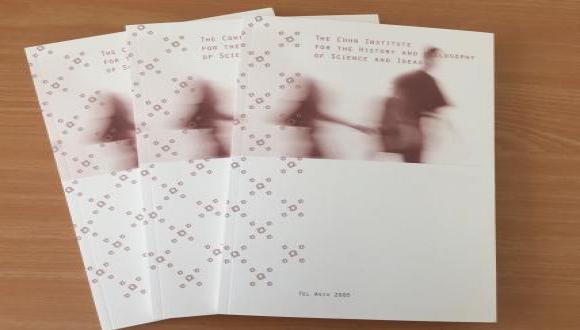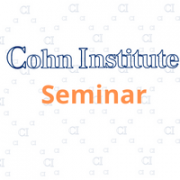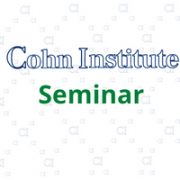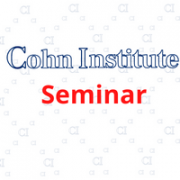Research Seminar June 12th: Vincenzo De Risi - Solomon Maimon, Neo-Kantianism, and the Early Reception of Kant’s Philosophy of Mathematics
Research Seminar June 12th: Vincenzo De Risi - Solomon Maimon, Neo-Kantianism, and the Early Reception of Kant’s Philosophy of Mathematics
The first reception of Kant’s Critical philosophy, in 1790s Germany, was dominated by the confrontation between a few established Leibnizian or Wolffian views and the new perspectives opened up by the Critique of Pure Reason. In this context, Kant’s philosophy of mathematics played a very important role, as many criticisms leveled at it by the Leibnizian side aimed to disprove transcendental philosophy by showing that Kant’s conception of mathematics was utterly inadequate to account for actual science, and that Leibniz’s views on the subject were far deeper than the Kantian ones. The outcome of these attacks was a quick dismissal of orthodox transcendental philosophy as far as mathematics was concerned, and the birth of a peculiar Kantian-Leibnizian mixture of mathematical epistemologies. Solomon Maimon was among the first interpreters of Kant’s philosophy of mathematics, and strongly contributed to reshaping Kant’s views on mathematics by blending them with Leibnizian elements. He was also able, though, to see clearly the incompatibility between the two views. Such an incompatibility accounts for the skeptical outcomes of Maimon’s philosophy, and while the latter may not have exerted a great influence on the following metaphysical tradition, his views on Kant’s mathematical epistemology were of pivotal importance in the reception of Kant’s philosophy and shaped several important claims of the neo-Kantian interpretation of Kant at the end of the 19th Century. Since Maimon’s main theses in epistemology largely surpassed the restricted domain of mathematics, and led to a general interpretation of the scope and aims of transcendental philosophy, the role of intuition in knowledge, and the possibility of synthetic a priori judgments, this episode of Kant’s reception deserves to be better investigated.





